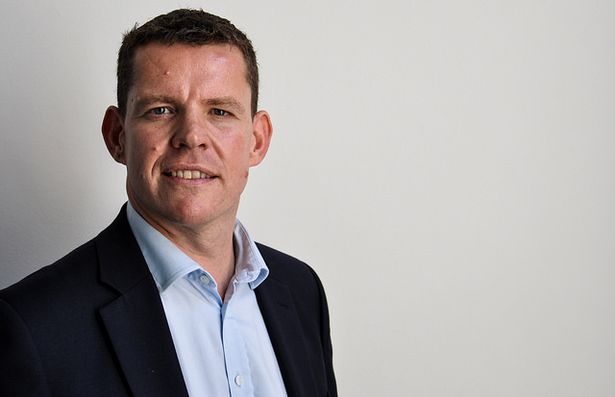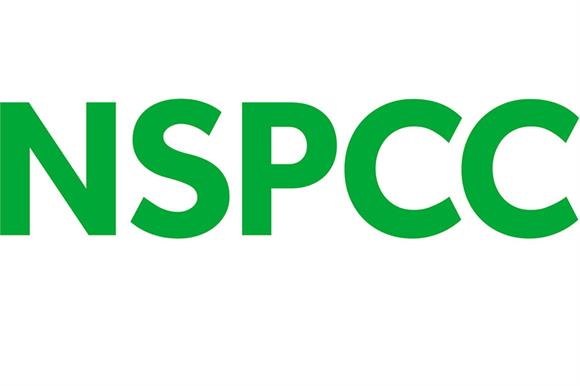The number of offences involving the possession of indecent images recorded by police in Wales has more than trebled over the last three years, according to figures obtained by the NSPCC.
A Freedom of Information request from the leading children’s charity showed that in Wales there were a total of 1,321 indecent images offences over the last three years, with 201 recorded in 2013 rising to 738 in 2015.
Across this three-year period, South Wales Police saw the highest number of recorded crimes with 480, followed by Dyfed Powys Police with 412, North Wales Police with 320 and Gwent Police with 109 – although the Gwent force’s figures were for 2015 only.
Across the UK, the total number of recorded crimes for the possession, distribution and production of indecent images of children rose from 4,530 in 2013 to 10,818 in 2015.
With such a significant rise in indecent images offences recorded, the NSPCC is calling for police to be given the resources to tackle the growing threat and has highlighted that the digital industry has a responsibility to work to tackle the issue.
Des Mannion, Head of Service for NSPCC Cymru/Wales, said:
“These figures clearly show that there is a growing problem of people viewing child abuse material and more needs to be done to tackle the issue.
“We want to see companies who operate online to prioritise this issue by committing significant expertise and resources to preventing the publication and distribution of these images.
“Social network providers and other technology platforms must realise that they are the key enablers of online child sexual abuse and make a serious commitment to tackling it.”
The police figures also showed that across the UK, where the age of the suspect was known, more than 2,000 children were reported to police for indecent images offences between 2013 and 2015.
North Wales Police had the highest number of under 18s recorded as being investigated by police with 74, followed by Gwent Police with 12. South Wales Police and Dyfed Powys Police had none recorded.
The NSPCC is concerned that the large number of children reported to police for indecent images offences may include youngsters who have shared naked ‘selfies’ and the charity is urging parents to talk to children about the risks.
The NSPCC recently published research which showed that only half of parents knew that children taking and sending naked pictures of themselves was illegal, whilst two out of five parents feared their children might be involved in ‘sexting’ but had not spoken to them about the risks.
Mr Mannion added: “It is alarming to see so many children reported to police for indecent images offences.
“Children need to be taught about the dangers of sending sexual pictures of themselves so they don’t find themselves at risk of harm and abuse.
“Young people who are caught ‘sexting’ put themselves at risk of sexual exploitation, grooming and cyber bullying, whilst they could also face the prospect of a criminal record if they are reported to police.
“That’s why we have recently issued advice and guidance to parents about how to talk to their children about sexting, as well as what to do if they have been sharing sexual images of themselves.”
NSPCC Cymru/Wales has called for the Welsh government to take the lead in protecting children from harm online, such as grooming, cyber bullying, sexting, and viewing child abuse images.
The charity has advocated compulsory age-appropriate online safety lessons for schoolchildren in Wales, working alongside the priority given to digital competence in the school curriculum from September this year, to teach children about the dangers of social media and online grooming.

| [donate]
| Help keep news FREE for our readersSupporting your local community newspaper/online news outlet is crucial now more than ever. If you believe in independent journalism,then consider making a valuable contribution by making a one-time or monthly donation. We operate in rural areas where providing unbiased news can be challenging. |





















